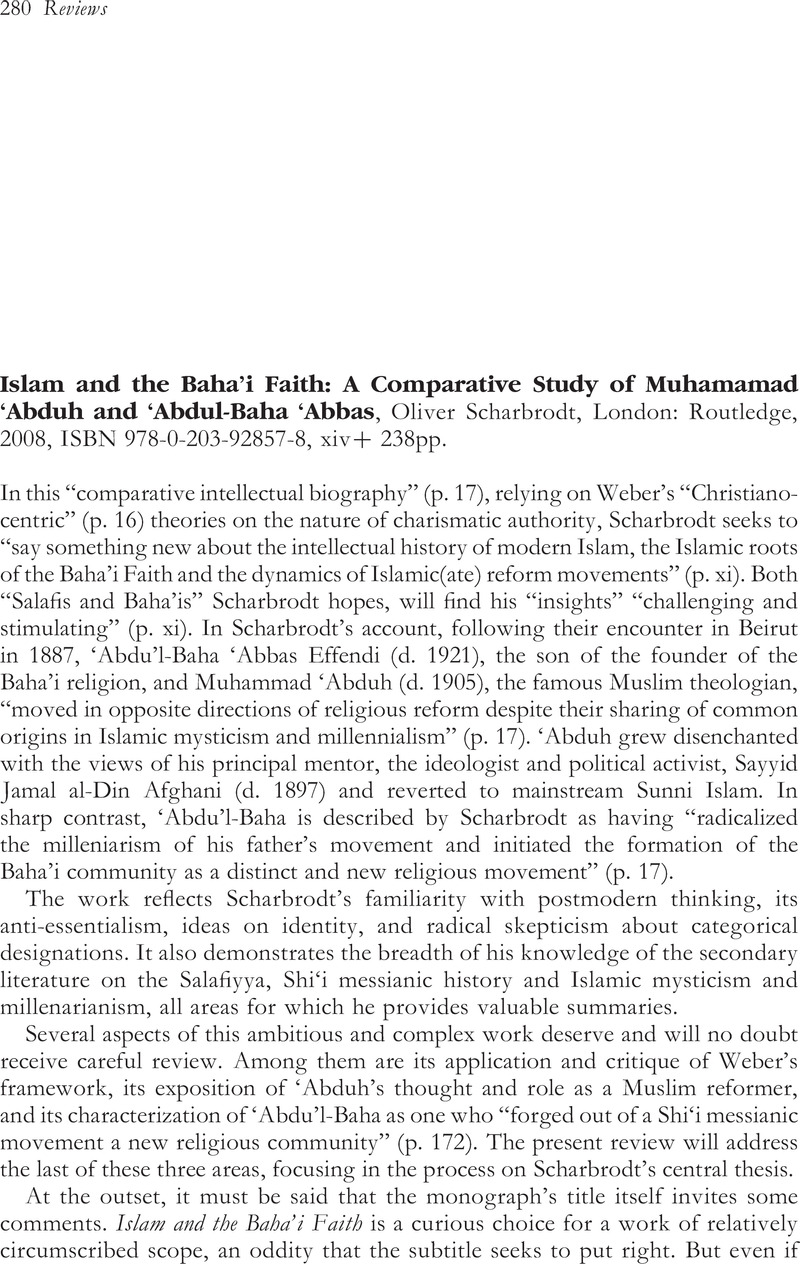In exploring the rich tapestry of religious belief, the teachings of the Bahá’í Faith emerge as a remarkable synthesis of the postulates found in Christianity and Islam. Each of these faiths has engendered profound paths to understanding divinity, ethics, and humanity’s purpose on this earth, fostering a communal quest for truth that transcends temporal boundaries. This confluence yields an insightful dialogue, which is not merely an intellectual exercise but a transformative voyage—one that fosters spiritual evolution and mutual respect among adherents.
To embark upon this journey, one must first delineate fundamental doctrines behind Christianity, Islam, and the Bahá’í Faith. Christianity, rooted in the teachings of Jesus Christ, emphasizes love, forgiveness, and salvation. The core message propagates a profound connection between God and humanity, rooted in grace and the promise of eternal life. The crucifixion and resurrection of Jesus serve as pivotal events conveying the hope and renewal that encapsulate human experience amid adversity.
In contrast, Islam presents a distinct, yet related, narrative through the figure of the Prophet Muhammad. Commencing with the revelation of the Qur’an, the faith elucidates the oneness of God (Tawhid) and the imperatives of submission (Islam means surrender), worship, and ethical living. The Five Pillars of Islam guide practitioners in their devotion, features such as prayer, fasting, and almsgiving embedding faith into daily action and communal responsibility. The emphasis on justice, mercy, and community welfare echoes the sentiments found in Christian doctrine but arises from a different historical and cultural milieu.
The Bahá’í Faith, emerging in the 19th century under the guidance of Bahá’u’lláh, positions itself as a continuation and culmination of both Christianity and Islam. Central to the Bahá’í perspective is the notion of progressive revelation—the belief that God has sent different Manifestations (prophets) throughout history to guide humanity. This principle acknowledges the divine origins of major religious figures, including Jesus and Muhammad, while asserting that each revelation is a response to humanity’s evolving needs, thus fostering an inclusive framework for interfaith dialogue.
In examining the concept of divine unity, adherents of all three faiths recognize the profound interconnectedness of humanity. The Bahá’í teachings explicitly advocate for the unity of mankind, championing the eradication of prejudices and the establishment of global peace. By promoting these ideals, they invite adherents from Christianity and Islam to reevaluate traditional divisions and embrace a cooperative ethos that fosters shared spiritual growth.
Moreover, an analysis of ethical tenets illustrates another nexus binding these faiths. Each tradition espouses values that highlight the importance of compassion, empathy, and social justice. For instance, the Biblical exhortation to “love thy neighbor as thyself” resonates closely with the Bahá’í imperative for service to humanity and the Islamic principle of Ummah, which emphasizes the collective welfare of the community. Such parallels offer fertile ground for collaboration and mutual enrichment, encouraging believers to reflect on their moral imperatives through the lens of a broader, more universal doctrine.
However, it is imperative to recognize and respect the distinctiveness of each faith. The Bahá’í approach does not seek to erase differences but rather to celebrate the unique contributions of Christianity, Islam, and other world religions to the tapestry of spiritual understanding. This is where the Bahá’í emphasis on the oneness of religion emerges; it posits that despite varying expressions and practices, there exists an underlying truth uniting these spiritual paths. The promotion of this oneness fosters an environment conducive to dialogue and understanding, encouraging congregants from disparate backgrounds to engage thoughtfully and respectfully with one another.
It is also worthwhile to reflect upon the eschatological visions within each faith. Christianity speaks of the second coming of Christ as a time of renewal and final judgment. Islam has its own narratives surrounding the Day of Resurrection and the Mahdi’s return, who will usher in an era of justice. The Bahá’í Faith introduces a unique perspective, positing that the establishment of a global society rooted in spiritual principles is both the fruition of religious teachings and a necessary precondition for future peace. The Bahá’í vision thus encompasses the aspirations of both Christianity and Islam while articulating a path of harmony and unity among all humanity.
The exploration of educational initiatives within these faiths also showcases a shared commitment to alleviating ignorance and fostering enlightenment. The Bahá’í emphasis on education reflects a continuity with Christian and Islamic teachings that value knowledge and understanding as pivotal to spiritual and moral development. Educational systems promoted by Bahá’ís are designed not only to impart knowledge but to cultivate virtues—a holistic approach that resonates with Islamic scholarship and Christian doctrine that seeks to form individuals of character.
In conclusion, the call for unity amid diversity echoes resoundingly through the narratives of Christianity, Islam, and the Bahá’í Faith. Their combined teachings illuminate a shared path to God, emphasizing love, justice, and the intrinsic value of humanity. As adherents delve into the depths of these philosophies, there emerges an opportunity for profound understanding and collaboration. Through the lens of the Bahá’í Faith, the common threads woven throughout these traditions not only enrich individual beliefs but also forge a communal pathway towards a shared divine purpose—reconciling differences to serve the greater good. The journey towards interfaith unity remains a vital endeavor, propelling the abiding hope that all humankind may converge on a path characterized by peace, love, and understanding.
